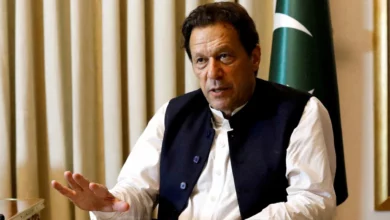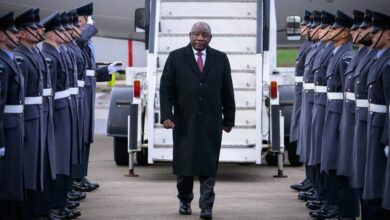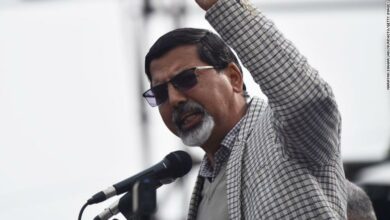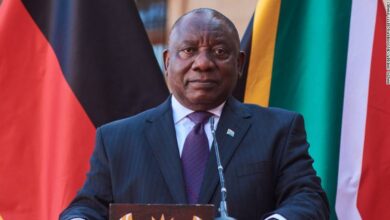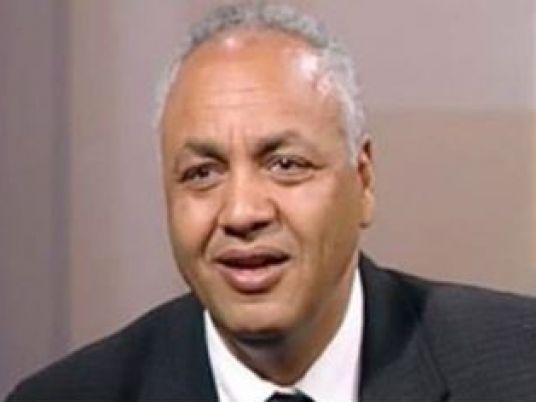
Parliament member Mostafa Bakry said he will collect signatures from 50 colleagues Wednesday to demand that speaker Ali Abdelaal refer Hisham Geneina, head of the Central Auditing Organization, to prosecution.
Bakry said his move is meant to investigate what he described as “lies” by Geneina, who claimed that corruption within a number of government ministries has cost the country LE600 billion since 2012.
Bakry told Al-Masry Al-Youm that Geneina's allegations represented “a leaking of secrets that are sensitive to national security and that tarnish the country’s international image”.
Bakry’s announcement came one day after a fact-finding panel comprised of officials from the ministries of interior, justice and finance, all of which were accused by Geneina of squandering the alleged funds, said Geneina’s claims were “delusional”. The panel, formed by the orders of President Abdel Fattah al-Sisi, said Geneina, in his corruption report, “intentionally” included inaccurate and exaggerated amounts of funds allegedly squandered by the government.
“Geneina has nothing to say in response to the panel’s report,” said Bakry. “You can do better, you shall appear before the General Prosecution,” Bakry stated, addressing Geneina.
But the CAO chief did confirm that he has evidence supporting his findings. He told state-run Al-Ahram newspaper on Tuesday that he would publicly make “a full response” to the report by the president's investigative panel. He said that his response will be submitted to the House of Representatives and announced after January 25.
While many government enthusiasts have accused Geneina of seeking to tarnish its image, its critics believe the government was merely rattled by Geneina’s commitment to disclosing corruption.
Last year, President Sisi adopted a decree empowering him to remove corruption watchdog officials, which includes the CAO, in certain cases which include “evidence that he/she(the official) endangers the state’s security”, “loss of confidence (in the official)” as well as violations of the state’s “supreme interests”.
Edited translation from Al-Masry Al-Youm

